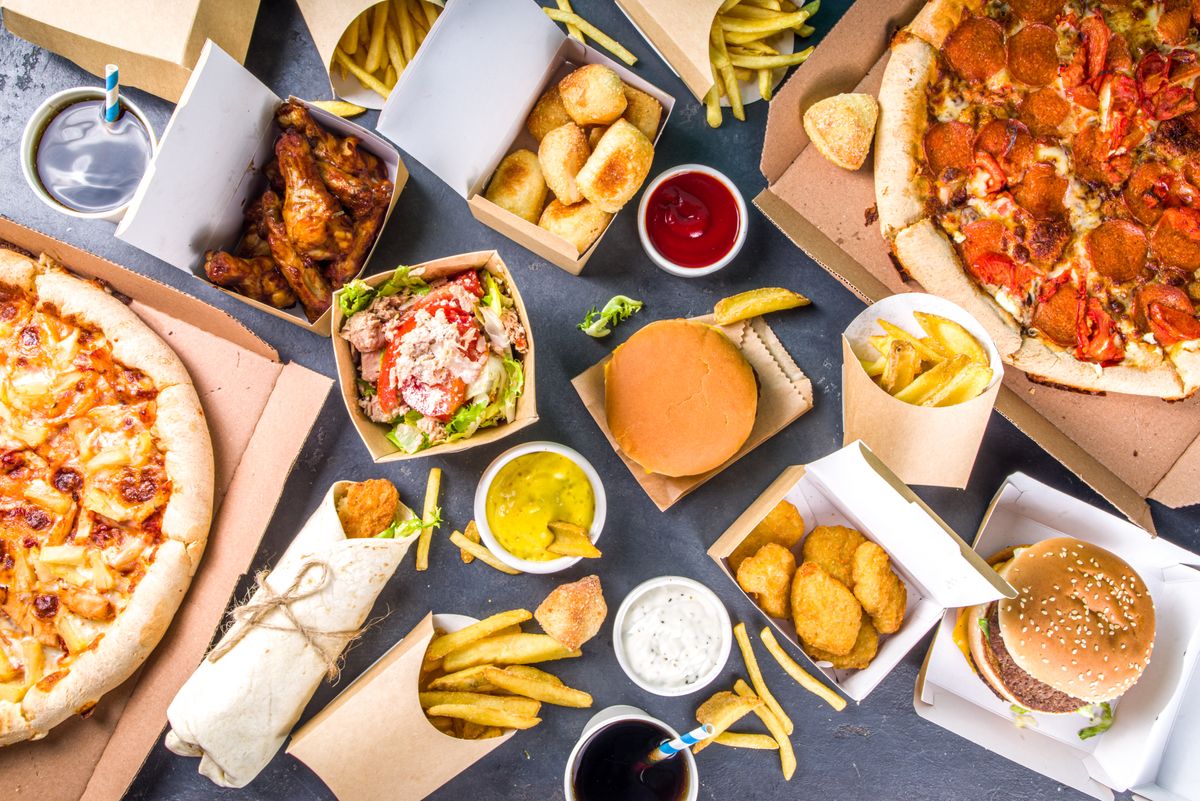At times, fast food can be a convenient solution. Whether you're rushing through the lunch hour, running late and need a quick breakfast, or simply don't have the energy or budget for a home-cooked meal in the evening, the drive-thru of your preferred fast-food chain might seem like a lifesaver. However, it's no secret that when it comes to nutrition, fast food isn't typically the healthiest choice. Some dietitians recommend avoiding certain chains altogether.
In a broader context, frequent consumption of fast food has been associated with increased risks of health issues such as cardiovascular disease, type 2 diabetes, high cholesterol, and hypertension. These risks largely stem from the elevated levels of sodium, saturated fat, trans fat, and calories found in fast food. Nonetheless, some fast-food establishments offer healthier alternatives and more nutritious choices than others. For instance, you can discover lighter options at places like Chick-fil-A, Chipotle, or Panera.
On the flip side, some fast-food restaurants fall short in the nutrition department, with questionable ingredients and alarmingly high levels of sodium, fat, and calories. The following list comprises four popular fast-food joints that a number of registered dietitians actively avoid, along with their rationale for doing so. Continue reading to learn more.
1) McDonald's
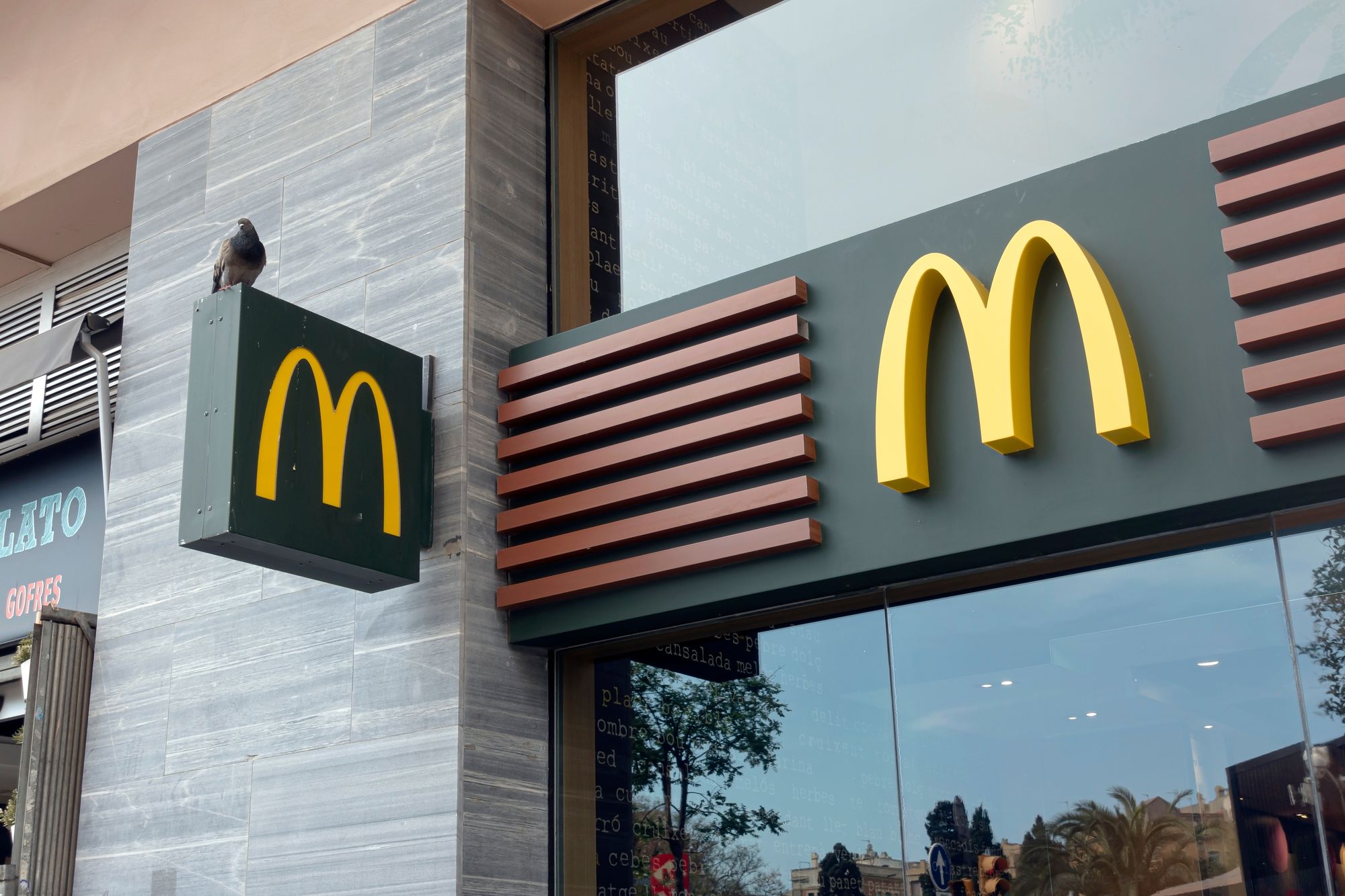
Since its establishment in 1955 in Des Plaines, Illinois, McDonald's has evolved into a global fast-food giant, boasting over 40,000 locations worldwide. However, despite its longevity and popularity, McDonald's has had its fair share of unhealthy menu items over the years, leaving some individuals questioning whether it's worth a visit.
Although McDonald's has made efforts to improve its image, such as discontinuing the use of "pink slime meat by-product" in their burgers in 2011, many people, including some dietitians, still opt to steer clear of this fast-food giant.
According to Lisa Young, PhD, RDN, "McDonald's employs highly processed ingredients in many of their menu items, including preservatives and additives. For example, their chicken nuggets contain several synthetic ingredients." These ingredients, available on the McDonald's website, include hydrogenated soybean oil, modified corn, calcium lactate, and yeast extract, among others.
Furthermore, most items on McDonald's menu are high in calories, sodium, and saturated fats, a key reason why dietitians like Young avoid this chain. "I tend to avoid McDonald's, as most menu items are fried and processed, negatively impacting my health," she states.
2) Burger King
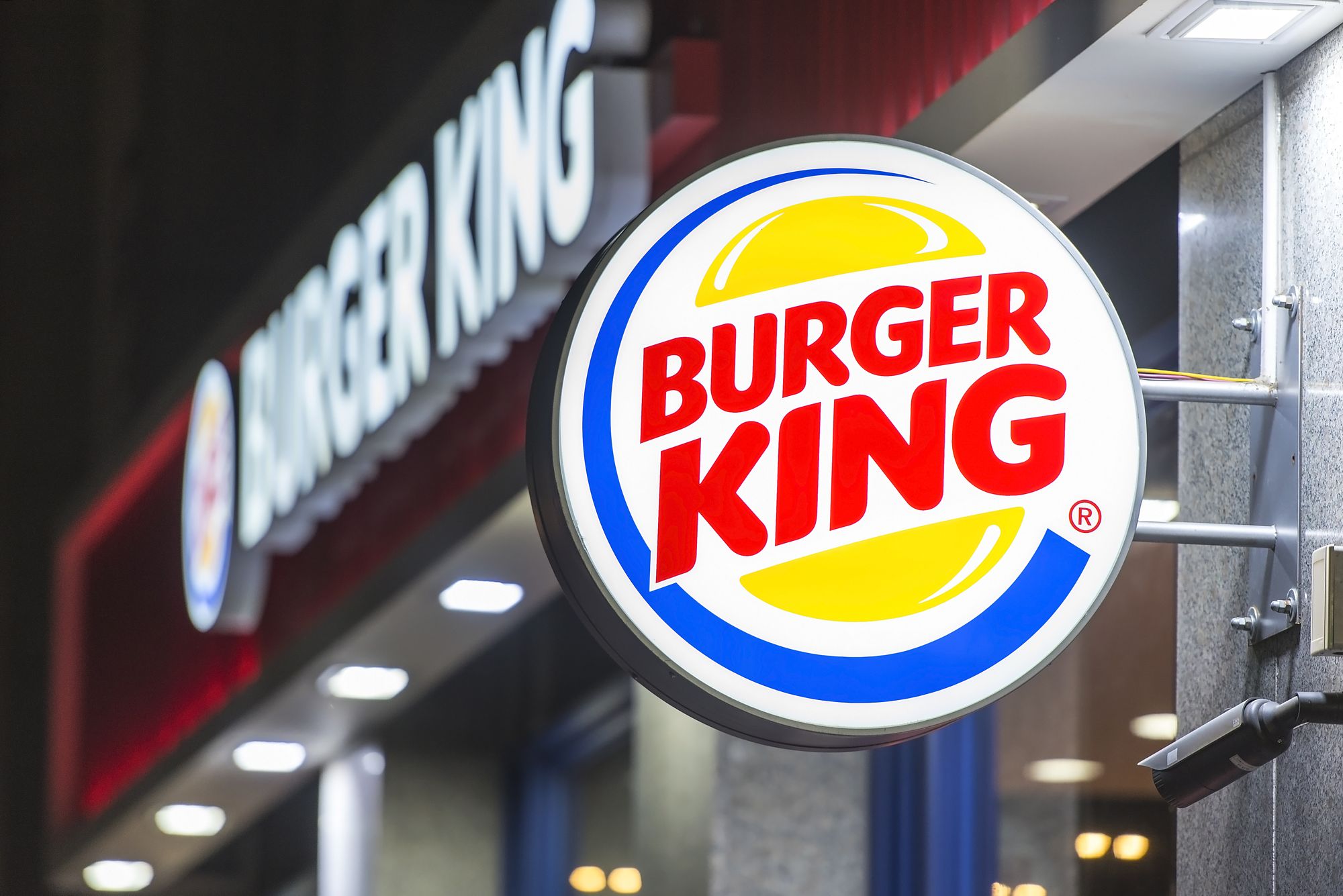
Burger King, the world's second-largest fast-food burger chain, operates over 19,000 locations globally, serving up its iconic Whoppers. In recent years, Burger King made waves with the introduction of the Impossible Whopper, a fully plant-based version of their signature sandwich.
Despite offering a plant-based alternative, some dietitians choose to skip Burger King due to concerns about the calorie content of certain burgers and meals. According to Mary Sabat MS, RDN, LD, "Some of Burger King's burgers and meals can be extremely high in calories, contributing to weight gain and related health issues."
Young concurs, pointing out that her primary reason for avoiding Burger King is that "their meals are high in calories, cholesterol, saturated fats, and sodium, and unhealthy fats are associated with increasing LDL cholesterol (bad cholesterol) and compromising heart health." She notes that many of their portions are exceptionally large, potentially leading to weight gain and excessive calorie consumption.
3) Checkers & Rally's
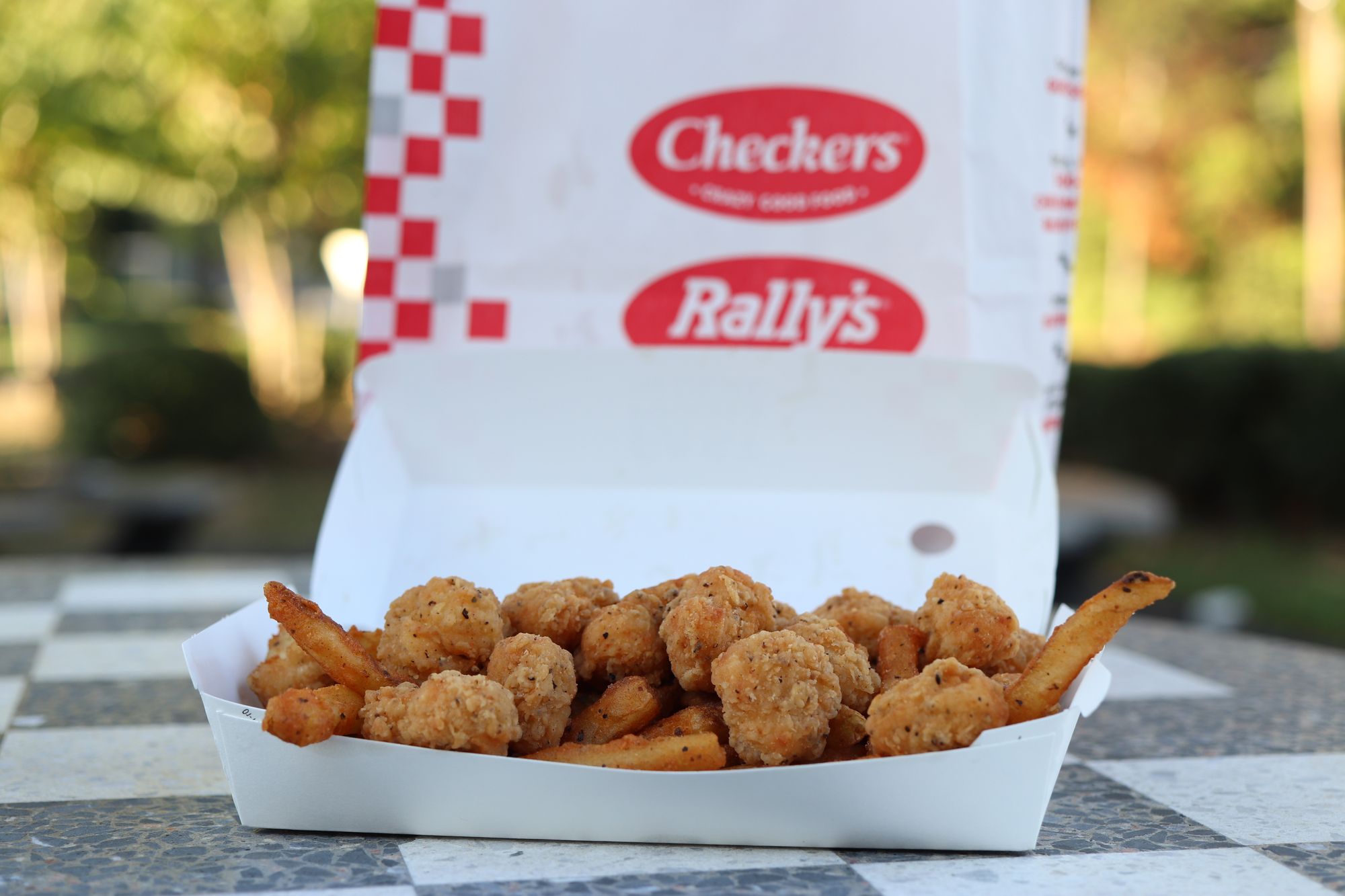
Whether you call it Checkers or Rally's, these sibling fast-food brands share the same menu items and suppliers, famous for their seasoned French fries. Nevertheless, some dietitians avoid them due to concerns about nutritional value and hidden ingredients.
"As a registered dietitian, I would advise avoiding Checkers for several reasons," says Trista Best, MPH, RD, LD at Balance One Supplements. "First and foremost, their menu is known for being high in saturated fats, trans fats, and overall unhealthy fats, which can contribute to heart disease and other chronic health conditions with regular consumption."
Best adds that "Many menu items are deep-fried, leading to excessive calorie and fat content." Take, for instance, their Triple Smoky BBQ Bacon Buford Burger, which contains 105 grams of fat, 35 grams of saturated fat, and two grams of trans fats.
Moreover, Best notes that "Most of their offerings are often loaded with sodium, which can raise blood pressure and increase the risk of cardiovascular problems, and excessive sodium intake is a concern for those with hypertension, potentially leading to water retention and bloating." For instance, the BBQ Bacon Buford Burger contains 2,500 milligrams of sodium in the sandwich alone.
Finally, Best observes that "Checkers meals are typically lacking in essential nutrients like fiber, vitamins, and minerals while being high in empty calories. This can lead to overconsumption of calories without satisfying nutritional needs, potentially contributing to weight gain and nutrient deficiencies."
4) KFC
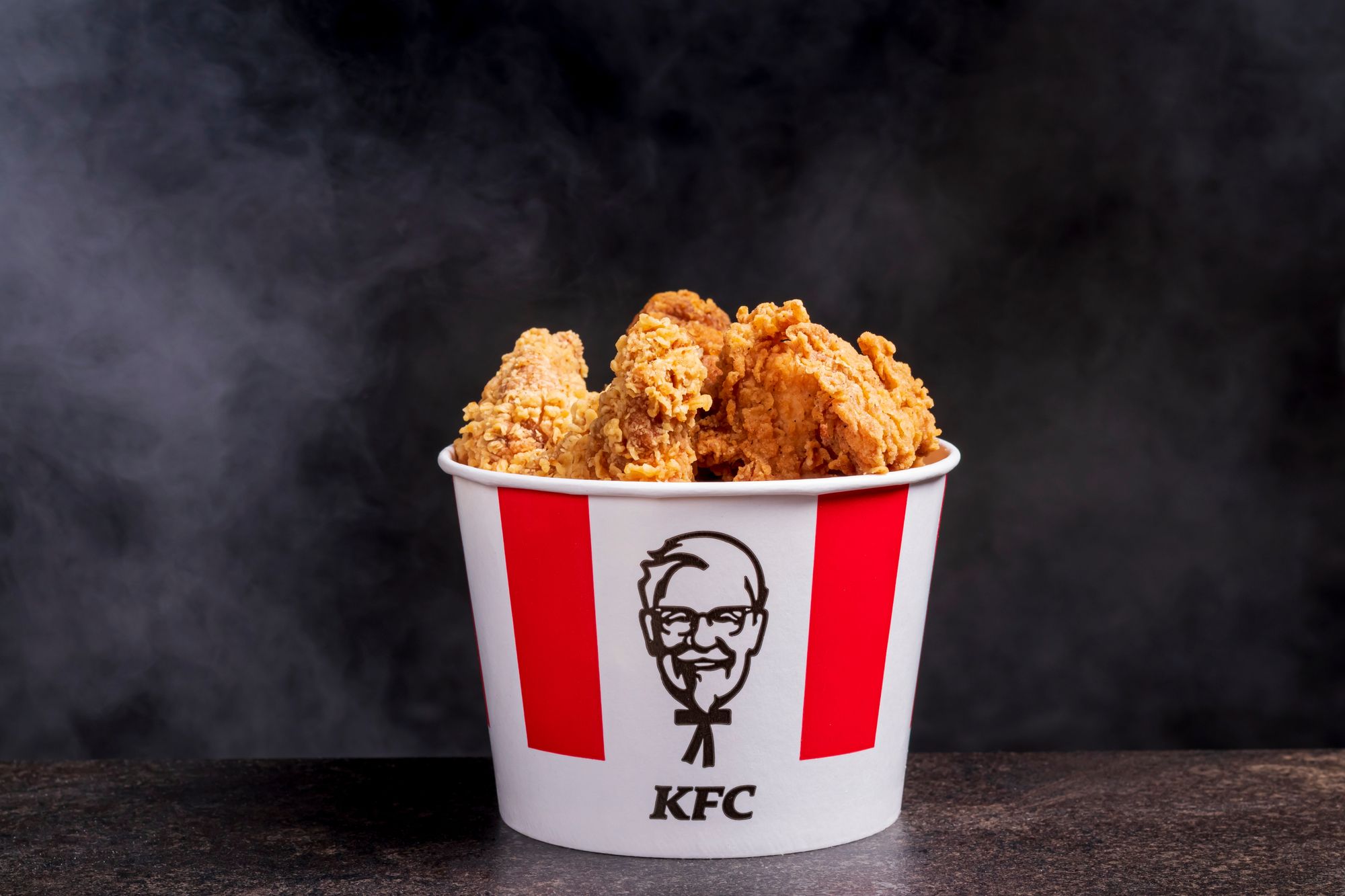
KFC, America's original fast-food chicken chain that began in the 1930s, has become one of the most profitable fast-food chains globally. Despite its popularity, some dietitians recommend looking elsewhere if you're craving fried chicken.
Sabat explains, "This fast-food chain is known for its fried chicken, which is high in fat due to the deep-frying process." She points out that KFC uses a combination of canola and hydrogenated soybean oil, both genetically modified and a source of trans fat. "Consuming high levels of trans fat can increase the risk of heart disease, stroke, and inflammation," she warns.
Sabat also notes that "The breading and seasoning used in KFC's chicken can be high in sodium, contributing to overall sodium intake." For instance, one KFC Fried Chicken Breast contains 1,190 milligrams of sodium, over half of the recommended daily maximum, before adding any side items. "Some of KFC's side dishes, such as mashed potatoes and gravy, may contain artificial flavors, preservatives, and additives," Sabat concludes.

